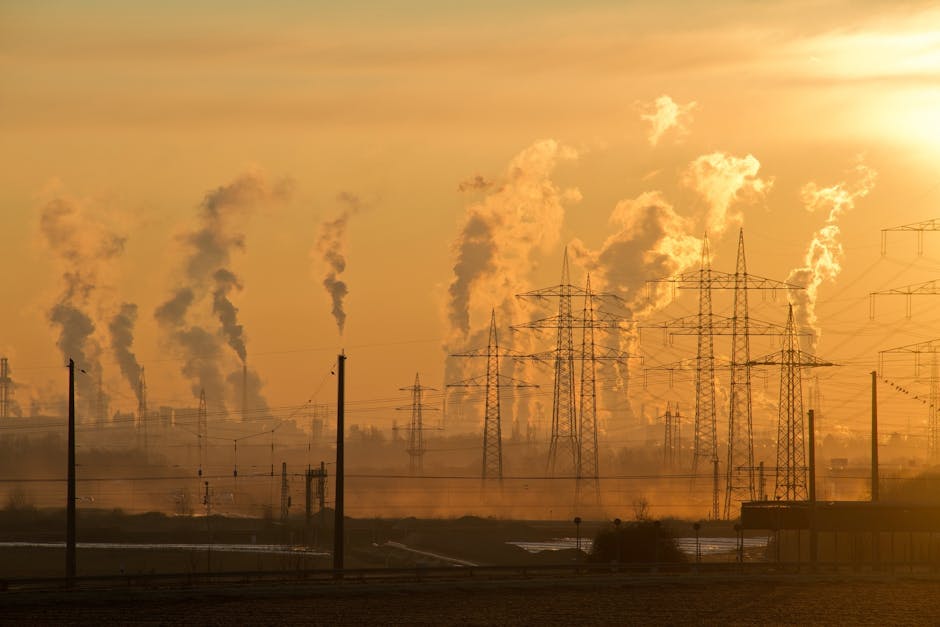Climate change, a phrase that has become synonymous with environmental degradation and impending catastrophe, has left an undeniable mark on my life. I have seen firsthand the devastating effects it has wrought on the natural world, leaving me deeply concerned for the future of our planet.
The year was 2015. I was hiking through the once-pristine wilderness of the Amazon rainforest when I stumbled upon a scene that would forever change my perspective. A vast expanse of towering trees had been reduced to charred, leafless skeletons, a testament to the relentless drought that had ravaged the region. The air was thick with the acrid smell of smoke, and the once-vibrant ecosystem was eerily silent.
As I ventured deeper into the forest, I encountered a group of indigenous people. They spoke of how the changes in climate had disrupted their traditional way of life, causing crop failures, water scarcity, and disease. Their faces bore the weight of uncertainty and fear for the future.
The Amazon rainforest is just one example of the widespread devastation caused by climate change. Rising sea levels have swallowed coastal communities, while extreme weather events have become more frequent and intense, leading to catastrophic floods, droughts, and wildfires. The impacts on human health are also undeniable, with increased rates of respiratory illnesses, heat-related deaths, and mental health disorders.
The science behind climate change is irrefutable. Human activities, primarily the burning of fossil fuels, have released vast amounts of greenhouse gases into the atmosphere, trapping heat and causing global temperatures to rise. The consequences of this warming are already being felt around the world, and they are only expected to become more severe in the years to come.
While the challenges posed by climate change are daunting, it is not too late to act. We must transition to cleaner energy sources, reduce our carbon footprint, and invest in sustainable practices. We need to protect and restore our natural ecosystems, which play a vital role in absorbing carbon dioxide and mitigating climate impacts.
As individuals, we can make a difference by adopting more sustainable lifestyles, reducing our consumption, and advocating for climate-friendly policies. It is crucial that we act now to safeguard our planet for future generations.
The Silent Devastation: Climate Change's Impact on the Amazon Rainforest
The Amazon rainforest, the largest tropical rainforest in the world, is home to an astonishing array of biodiversity. However, this vital ecosystem is facing unprecedented threats from climate change.
Deforestation, driven by logging, agriculture, and mining, has devastated vast areas of the rainforest. This has not only reduced the amount of carbon dioxide absorbed by the forest but also disrupted the water cycle, leading to droughts and wildfires.
Climate change is also causing the rainforest to become hotter and drier. Rising temperatures have increased the number of extreme heat events, while changes in precipitation patterns have led to more frequent droughts. These conditions stress trees, making them more susceptible to disease and death.
The impacts of climate change on the Amazon rainforest are already being felt by local communities. Indigenous peoples rely on the forest for food, medicine, and shelter. However, climate change is disrupting their traditional way of life, causing crop failures, water scarcity, and disease.
The loss of the Amazon rainforest would have devastating consequences for the entire planet. It would not only release vast amounts of carbon dioxide into the atmosphere, exacerbating climate change, but also disrupt global weather patterns and threaten the survival of countless species.
Protecting the Amazon rainforest is essential for combating climate change and preserving the planet's biodiversity. We must support efforts to reduce deforestation, promote sustainable development, and mitigate the impacts of climate change on this vital ecosystem.

